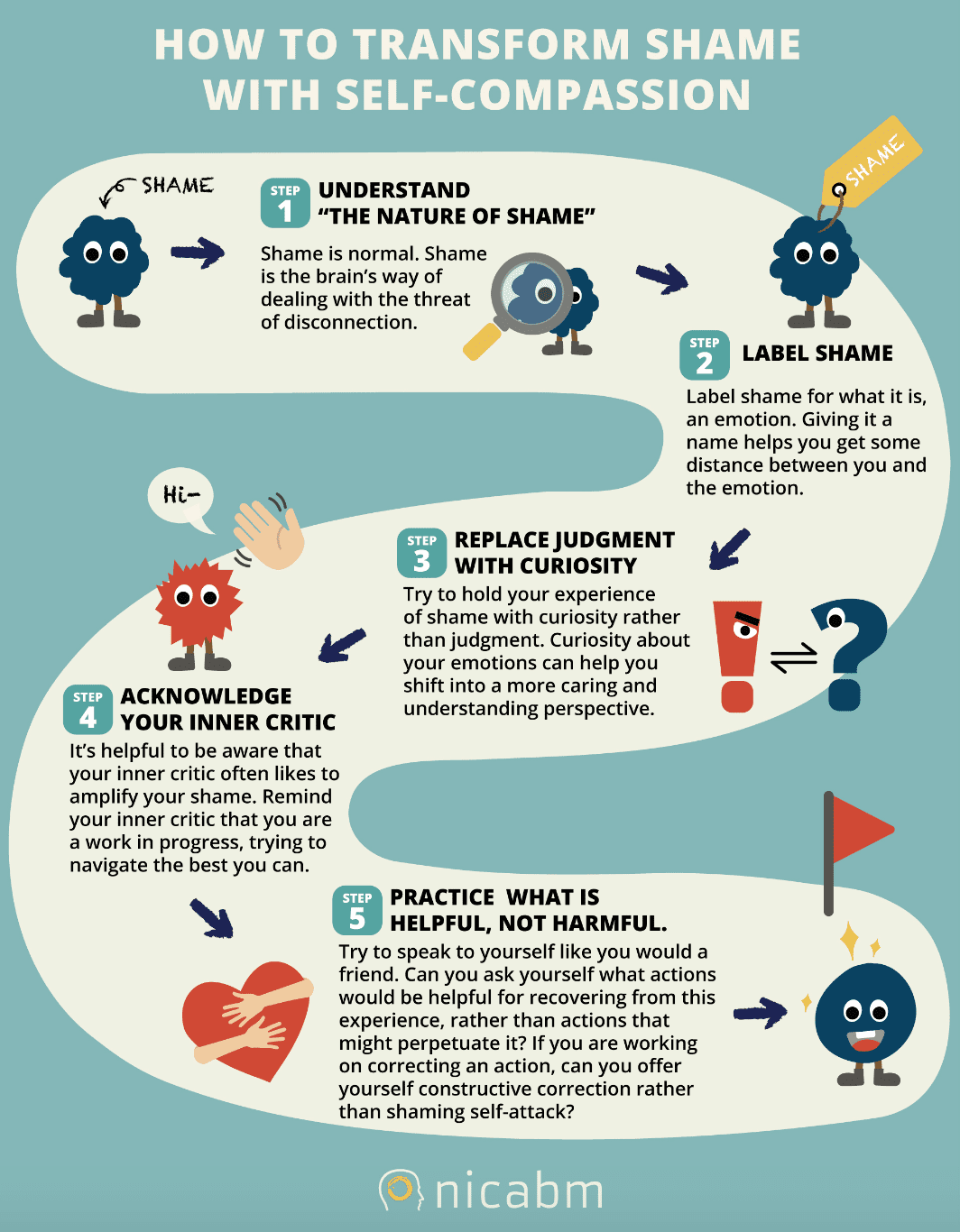Control Anxiety
We can manage and dare I say control our anxiety by the way we breathe.
Let’s look at practicalities first and then I’ll move to briefly explain how it works.
Practice
Next time you feel the weight of anxiety on your chest try this: Breathe to the count of 7-11. That is 7 counts on the in-breath, pause and 11 on the out-breath. In other words, you exhale for longer than you inhale. I repeat – it is 7 in, pause and 11 out; 7 in, pause and 11 out. Remember to use your diaphragm when breathing. In this regard it is helpful to rest one hand on your stomach and feel your stomach balloon as you inhale and recede as you exhale; no chest and shoulder movement. This way you ensure maximum use of your lung capacity with the biggest volume of oxygen entering your blood stream.
Theory
Neuroscience has shown that our fight, flight and freeze response is activated by the amygdala. This little almond shaped structure, deeply embedded in the brain, seems to have remained unchanged unlike other parts of the brain that have shown development over the ages. Therefore, it still mistakes a rude text message for a sabre tooth tiger.
The other player in this theory is our vagus nerve which starts in the spine at the cranial box, runs through the face, down the neck through the organs and into the lower abdomen. The vagus (‘wandering’ in Latin) nerve connects brain and body. Its function is to receive signals from the organs and send them to the brain for processing. Included in this information are messages of calm and anxiety, anger and relaxation. Notably the vagus nerve activates the ‘relaxation response’ as counter balance to the ‘fight or flight response’.
The longer exhalation of 7-11 massages the vagus nerve. The result is that the impulses reaching the amygdala carry messages of calm and relaxation.
I hope this helps. Please feel free to contact me to discuss any problems you may experience in this regard.


